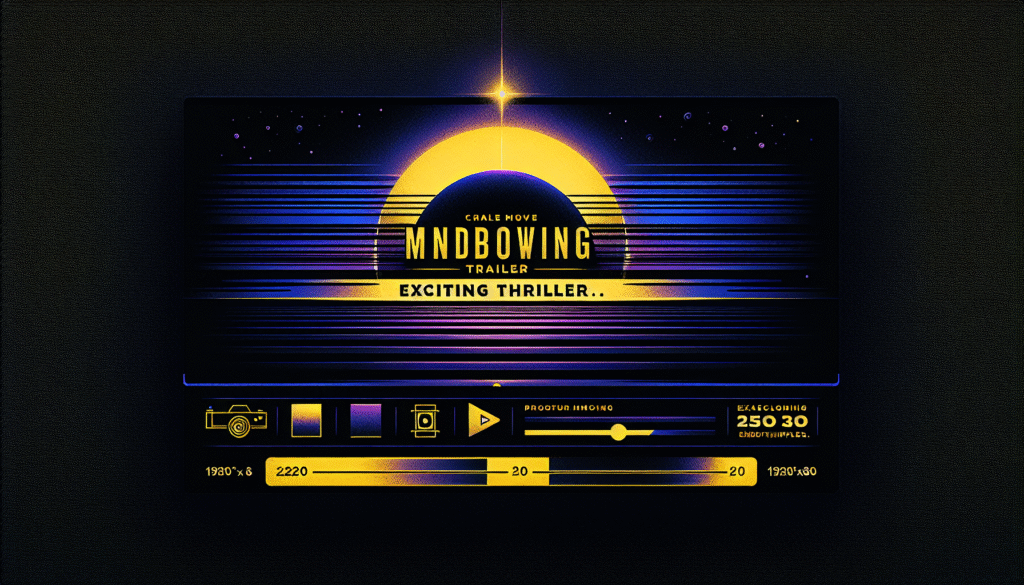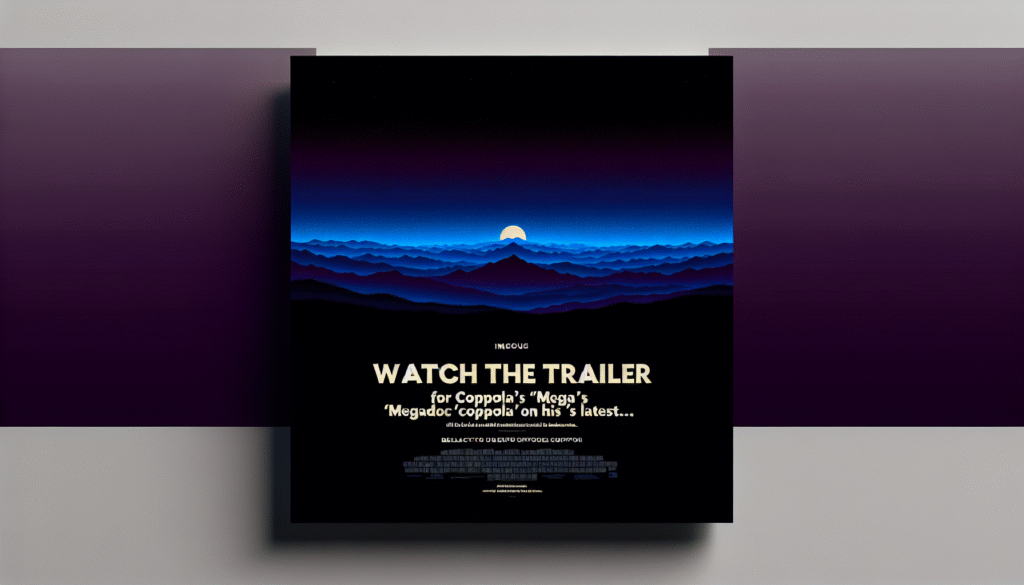Sergio Nakasone, VP of Development and Production of Unscripted Content for Warner Bros. Discovery Latin America, emphasized the importance of documenting stories like that of Marcial Maciel to prevent future tragedies. The series titled Marcial Maciel: El lobo de Dios, which premiered on HBO Max on August 14, delves into the complex identities of Maciel and how he misused his religious status to hide his crimes. The documentary also explores the role of the religious institution as a complicit partner and presents the narratives of his victims.
WBD has previously released four true crime documentaries in Mexico: La narcosatánica (2023), Masacre de los mormones (2024), Los 43 de Ayotzinapa: Un crimen de Estado (2024), and Culiacanazo: Herederos del narco (2025). They have also announced an upcoming release for 2025 titled Debanhi: ¿Quién mató a nuestra hija? This marks a growing trend in the production of true crime content, aiming for two to three releases each year.
In producing Marcial Maciel: El lobo de Dios, the team dedicated five years to research. Nakasone explained that they sought to encompass all perspectives and thoroughly investigate the subject matter. “We didn’t want to stay at just the surface level of a pedophile priest. It was crucial to address the fraud, financial issues, and everything depicted in the documentary,” he clarified.
The narrative of Marcial Maciel: El lobo de Dios faced numerous challenges due to its sprawling timeline. Nakasone maintained that journalistic rigor was vital throughout the investigation, presenting a balanced view of the character, including his traumatic origins, as Maciel was abused in his childhood.
Looking ahead, Nakasone discussed the upcoming release of Debanhi: ¿Quién mató a nuestra hija?, stating that it is the first documentary to feature the voice of the deceased’s parents. “Debanhi premieres on September 18. It was essential for us to engage with the parents through the production team at BTF before proceeding. We needed to ensure they understood our intentions and felt comfortable with our approach,” Nakasone explained.
He added that the documentary aimed to handle the topic with journalistic objectivity and respect, despite asking difficult questions. “We never want to inflict further trauma on what is undoubtedly one of the most traumatic experiences: the loss of a child.”
Nakasone noted that this professional relationship between WBD, the production team, and Debanhi’s parents was crucial. “True crime documentaries are inherently emotional. We aim to foster a relationship that is both close and distant. We will carefully manage what they share, but we do not become their guardians or supporters,” he stated.
In addition to featuring the parents’ voices for the first time, the documentary showcases exclusive footage from Debanhi’s life. “The narrative surrounding Debanhi has been shaped by many interpretations. In the documentary, we will explore each of these interpretations in detail. Furthermore, many have speculated about her character due to her being present at a party. However, no one truly knows who Debanhi was. In this project, for the first time, we will reveal her true essence,” Nakasone concluded.
Talking about the rigorous nature of documentary filmmaking, Nakasone pointed out that producing in the true crime genre is significant for storytelling but comes with challenges related to its intricate facets and standard production timelines averaging one and a half years per project. “Marcial Maciel is a result of five years of work, while Debanhi: ¿Quién mató a nuestra hija? took nearly three years. The initial goal of engaging with this genre is to continually adapt our approach during the research process,” he explained.
Both projects uncovered new viewpoints and exclusive access to individuals connected to the stories. Nakasone stressed that documentaries, especially true crime, require careful handling with respect, balance, and journalistic integrity alongside engaging storytelling techniques that maintain viewer interest. “From a storytelling standpoint, incorporating cliffhangers and conveying challenging themes requires a delicate balance in how information is presented throughout the series.”
He noted that interest in true crime content stems from humanity’s instinct to seek certainties in the face of atrocities. “Our studies indicate this search for safety resonates strongly within women. Psychologically, pursuing certainties serves to mitigate the fear experienced when confronted with such horrific events,” Nakasone stated.
All true crime documentaries produced in Mexico address cases that have resonated beyond national borders, with examples like Marcial Maciel, Los 43 desaparecidos de Ayotzinapa, and Culiacanazo capturing regional attention.
Nakasone remarked on the pervasive theme of impunity in these narratives. Although heavily covered by the media, such coverage often lacks context, creating a fragmented understanding of the events. “Our contribution lies in delivering well-researched, thorough stories that illuminate these cases while revealing truths that can provide some measure of reparative justice for victims,” he emphasized.
In conclusion, Nakasone mentioned that the objective is to create definitive documentaries that feature all necessary voices and maintain strict adherence to objectivity, despite the horrific nature of these cases. “We believe in crafting narratives that give our audience a comprehensive perspective, allowing them to draw their own conclusions. Ultimately, even in depicting such harsh realities, we aim to convey a message of hope,” he added.
Marcial Maciel: El lobo de Dios is an original documentary series produced by Warner Bros. Discovery, created by Anima Films under the direction of Matías Gueilburt and produced by Sebastián Gamba. Executive producers for WBD include Esteban Vidal (Manager, Unscripted Content), Alejandro Turner (Manager Unscripted Development), and Cecilia Abraham (Director, Unscripted Development). The Legionnaires of Christ, the institution founded by Marcial Maciel, issued a statement on August 28, regarding the release of the series.
Persons: Sergio Nakasone, Aliana González, Esteban Vidal, Alejandro Turner, Cecilia Abraham, Matías Gueilburt, Sebastián Gamba
Company Names: Warner Bros. Discovery, Anima Films, BTF
Titles: Marcial Maciel: El lobo de Dios, Debanhi: ¿Quién mató a nuestra hija?, La narcosatánica, Masacre de los mormones, Los 43 de Ayotzinapa: Un crimen de Estado, Culiacanazo: Herederos del narco
Disclaimer: This article has been auto-generated from a syndicated RSS feed and has not been edited by Vitrina staff. It is provided solely for informational purposes on a non-commercial basis.
































